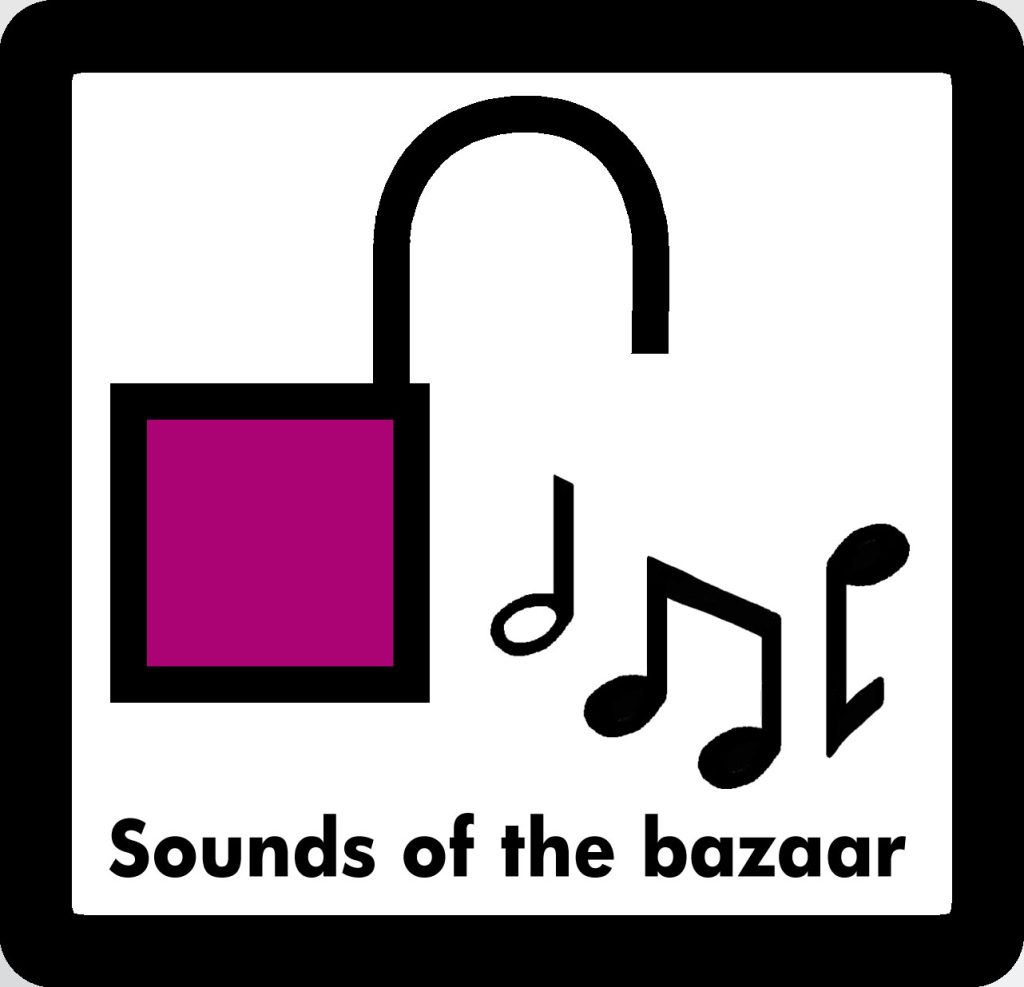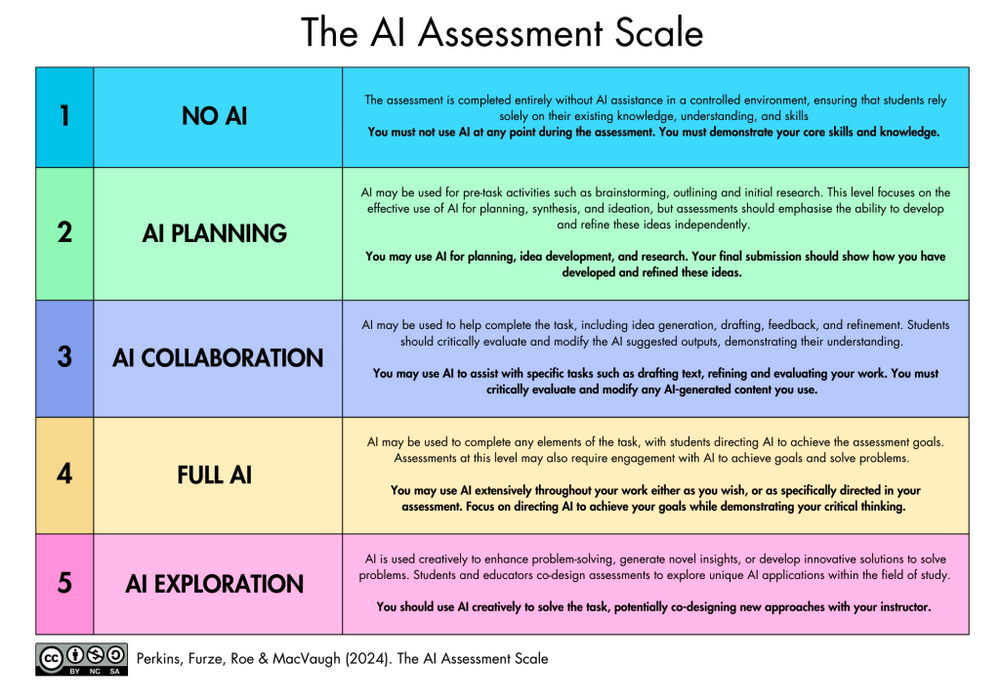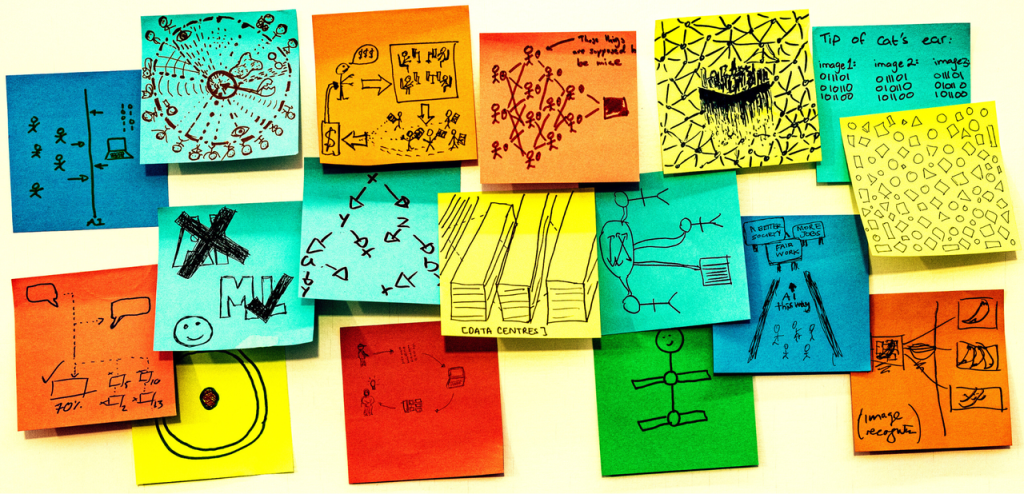Pedagogical Approaches and Google LM Notebooks

Some ten or so years ago myself and Jenny Hughes were commissioned by Lifelong Learning UK to produce a Literature review on Pedagogic approaches to using technology for learning. As Wikipedia explains, Lifelong Learning UK (LLUK) was one of the independent, Sector Skills Councils (SSCs) for UK employers in the lifelong learning sector. It was responsible for the professional development of all those working in community learning and development, further education, higher education, libraries, archives and information services, and work based learning across the UK.
As has arisen in the recent debate over the new Labour Government's establishment of SkillsUK, there is a long tradition in UK education of setting up new agencies and organizations, only to abandon them after a few years. Anyway just after our report was published LLUK were shut down. Even so, the report continued to be accessible from ResearchGate and other sites and has over the years gained a respectable number of downloads.
In the last couple of days I have been playing with the Google Labs experimental NotebookLM. I am normally rather under impressed by AI applications built for education but I can see a lot of use for this. It is backed by the Gemini Large Language Model but the Notebooks are based, they say only on data sources which you provide. And then there are different tools which can be used to support your research.
The Literature Review on Pedagogic approaches was a fairly dense piece of work and seemed to me a good example for playing with. I uploaded the 80 page report as a PDF and it gave me teh follwing summary.
This source is a literature review entitled "Pedagogic approaches to using technology for learning", which explores the evolving landscape of technology-enhanced learning. The authors, Graham Attwell and Jenny Hughes, argue that the proliferation of new technologies and internet tools is fundamentally changing the way we learn. They identify key themes driving this change, including the increasing role of digital literacies, the shifting expectations of learners, and the need for new pedagogic models. The review delves into specific pedagogic theories and their implications for using technology, highlighting frameworks like constructionism, activity theory, communities of practice, and Vygotsky's social constructivism.
The document examines the impact of technology on pedagogy in practice, exploring the rhetoric-reality gap and highlighting challenges such as the mismatch between students' digital skills outside school and their limited use within the formal learning environment. They discuss the emergence of personal learning environments (PLEs) as a potential solution to this challenge, and analyse the impact of emerging technologies like Web 3.0 and mobile devices on learning. The authors also examine the role of teacher training and professional development in adapting to this changing technological landscape, highlighting the critical need for training that focuses on pedagogic approaches rather than just technical skills. The review concludes by identifying gaps in existing research, underscoring the need for further investigation into the impact of technology on student performance, the development of evaluation tools specific to e-learning, and the exploration of culturally-specific influences on ICT integration.
Pretty smart although you wold expect an advanced Generative LLM to be able to do that. But you can also ask questions and it suggests examples - for instance "Describe the evolution of digital literacy understandings as outlined in the text." I just uploaded the one report but it could get much more interesting with multiple documents.
Anyway on to the killer feature which may turn out just to be a gimmick. You can ask it to produce a podacst in which two different 'people' discuss your work. And I love it. It has some of the baest explanations of Activity theory, constructionism and Vygotsky's theory of the Zone Proximal Development I have ever heard. Anyway do listen. Although ten years old, I think the pedagogic approaches outlined in chis paper stand the test of time - even more I think they are highly relevant for the debate over AI and the podcast makes the work far more approachable. But if you dco what the original report it is downloadable here.




